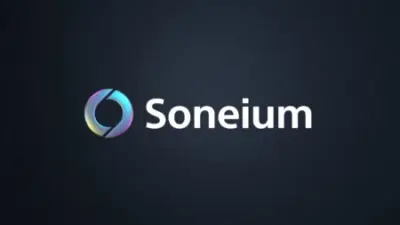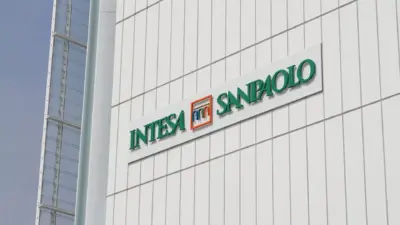AI and Blockchain integration will usher in an era of decentralized intelligence, where AI is more accessible, trustworthy, and aligned with the values of fairness, transparency, and individual sovereignty
The global AI and blockchain market is projected to exceed $980 billion this year. This staggering figure highlights the demand for decentralized systems and intelligent automation across sectors.
This article serves as a brief introduction to the exciting possibilities that lie at the intersection of AI and Blockchain.
- 1 The Dawn of Decentralized Intelligence: AI Meets Blockchain
- 2 Benefits of AI and Blockchain Integration
- 3 Industries Revolutionized by AI and Blockchain Integration
- 4 Challenges of AI and Blockchain Integration
- 5 Key Trends Driving AI and Blockchain Integration in 2025
- 6 Real-World Applications of AI and Blockchain Integration
- 7 Conclusion
The Dawn of Decentralized Intelligence: AI Meets Blockchain
Imagine a time where artificial intelligence is not limited to the servers of a few very powerful companies. One in which the transparent and unchangeable ledger of blockchain drives intelligence to be really distributed.
This picture is the growing reality of AI and Blockchain integration, not science fiction anymore.
Fundamentally, artificial intelligence is the imitation of human intelligence in machines. It ranges in ability from simple pattern recognition to sophisticated decision-making.
Although artificial intelligence has great ability to transform sectors such transportation, finance, and healthcare, issues about data privacy, bias, and the concentration of power inside a small number of entities still exist.
Conversely, a distributed and unchangeable ledger called a blockchain logs events across several computers. Its basic ideas—decentralization, security, and openness—offer a strong basis for developing confidence and guaranteeing data integrity.
Blockchain and AI show a great synergy. Using the distributed character of blockchain allows us to:
- Decentralized AI systems allow people and smaller businesses to access and apply innovative AI models free from depending on centralized cloud providers.
- Blockchain can offer an open and auditable record of AI model construction, training data, and decision-making procedures, hence reducing prejudices and raising confidence in AI results.
- Blockchain can help to enable safe and privacy-preserving data sharing, hence supporting cooperative AI development and protecting of private data.
- AI and Blockchain Integration can provide creative possibilities in sectors such supply chain management, distributed finance (DeFi), even government.
Benefits of AI and Blockchain Integration
Unmatched benefits from the combination between artificial intelligence and blockchain integration are reshining data management, analysis, and use. This strong mix helps many different sectors as follows:
Enhanced Data Security:
The unchangeable character of blockchain guarantees the safeguarding of private information exploited by artificial intelligence models. In sectors like healthcare, where AI-driven diagnostics depend on accurate medical record access, this is particularly important.
Decentralized Intelligence:
Blockchain and artificial intelligence integration allows distributed artificial intelligence systems by removing a single point of failure. For example, distributed autonomous companies (DAOs) use artificial intelligence for open and effective decision-making.
Data Monetization:
This merging enables consumers to manage and profit from their data. Blockchain allows platforms like Ocean Protocol to guarantee user data ownership and privacy while enabling AI-driven insights.
Improved Transparency:
Blockchain audit trails build confidence when coupled with artificial intelligence insights. One excellent example is AI-based fraud detection in supply chains run on blockchains, so guaranteeing responsibility and effectiveness.
Industries Revolutionized by AI and Blockchain Integration
The combination of Artificial Intelligence (AI) and blockchain is not just a technological innovation—it is a force that is reshaping industries across the globe.
By leveraging the unique strengths of both technologies, AI and Blockchain Integration is unlocking transformative potential in various sectors, delivering enhanced security, efficiency, and transparency.
Below, we explore five industries already undergoing revolutionary changes:
Healthcare
The healthcare industry is one of the primary beneficiaries of AI and Blockchain Integration. AI-driven diagnostic tools are revolutionizing how diseases are detected and treated, while blockchain ensures patient data remains secure and immutable.
Decentralized medical records powered by these technologies allow patients to control who accesses their information.
Blockchain platforms, combined with AI algorithms, are enabling the creation of comprehensive, tamper-proof medical records.
Companies like MedRec are pioneering this approach, ensuring patient privacy while enabling faster, more accurate diagnoses.

Finance
In the finance sector, the combination of AI and blockchain is transforming fraud detection and transaction security.
AI analyzes vast amounts of transactional data to identify patterns and anomalies, while blockchain’s decentralized ledger provides transparency and eliminates fraud risks.
Automated trading platforms, such as those utilizing decentralized exchanges (DEXs), leverage AI to predict market trends and execute trades.
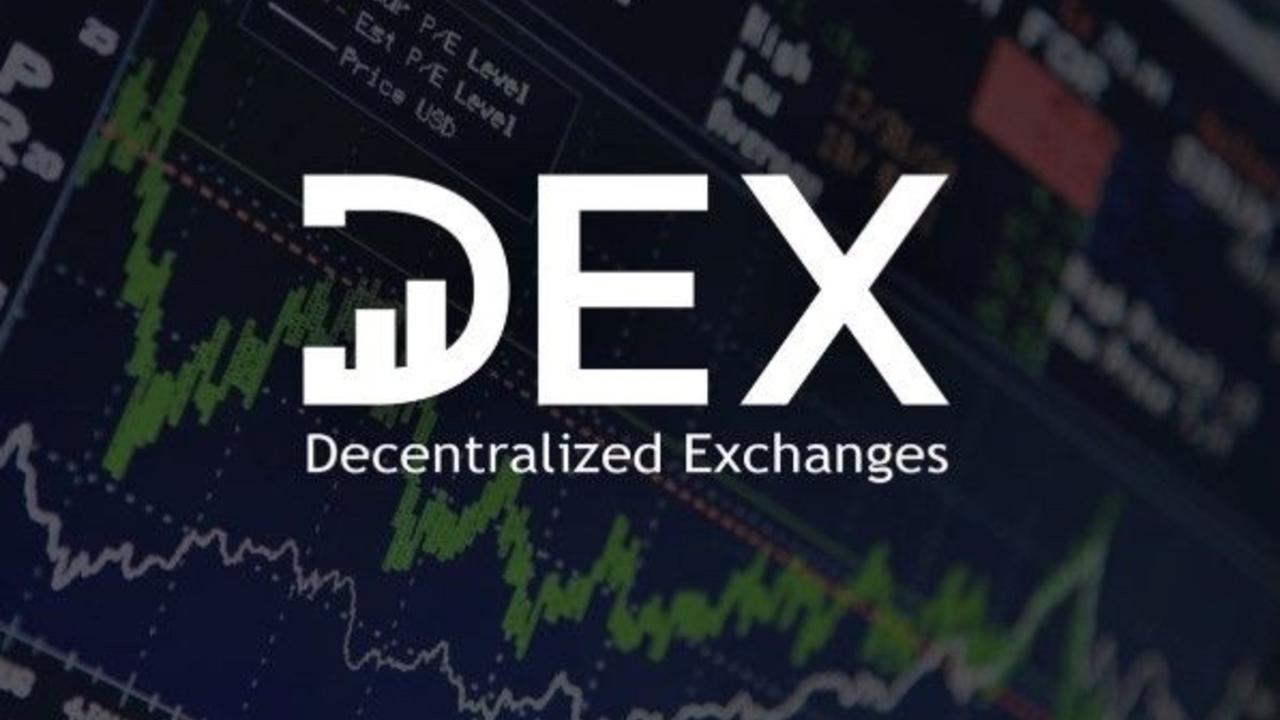
Meanwhile, blockchain ensures every transaction is secure, traceable, and tamper-proof. The result is a more secure and efficient financial ecosystem.
Supply Chain Management
Supply chain management has long suffered from inefficiencies, fraud, and a lack of transparency.
AI and Blockchain Integration addresses these challenges by combining predictive analytics with immutable data records.
Blockchain enhances traceability, while AI improves demand forecasting, inventory management, and risk assessment.
IBM Food Trust uses blockchain to ensure transparency in the food supply chain, while AI adds value by predicting supply-demand fluctuations and identifying potential risks. Together, these technologies are reducing waste and ensuring food safety.
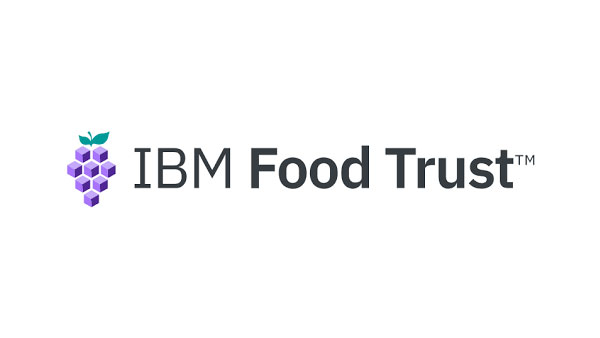
Energy Sector
The energy industry is undergoing a major transformation with the rise of decentralized energy grids.
These grids rely on AI and Blockchain Integration to manage energy distribution more efficiently and securely.
AI offers real-time insights into energy usage and demand, while blockchain facilitates peer-to-peer energy trading and records transactions.
Platforms like Power Ledger enable individuals to trade excess solar energy with their neighbors using blockchain, while AI optimizes grid operations to ensure energy is distributed where it’s needed most.

This democratization of energy management is paving the way for greener, more sustainable energy systems.
Web3 Ecosystem
The Web3 ecosystem thrives on decentralization and personalization, making it an ideal space for AI and Blockchain Integration.
AI enhances user experiences by personalizing decentralized applications (dApps), while blockchain ensures that users retain control over their data and digital identities.
Example: AI-driven dApps on platforms like Ethereum use blockchain to verify data authenticity and user identity while delivering personalized content or services.
This integration ensures privacy without sacrificing functionality, setting a new standard for online interactions.
Challenges of AI and Blockchain Integration
While AI and Blockchain Integration is unlocking transformative opportunities, its implementation comes with unique challenges.
These hurdles need to be addressed to fully harness the potential of these revolutionary technologies. Below, we explore the key challenges that organizations face:
Scalability Issues
One of the most significant challenges of integrating AI with blockchain is scalability. Blockchain networks often suffer from limited transaction speeds due to their decentralized nature.
On the other hand, AI requires high computational power and rapid data processing, which can overwhelm blockchain systems.
For instance, Bitcoin and Ethereum can process only a limited number of transactions per second, making them less suited for real-time AI applications. Combining the two technologies often results in bottlenecks, hindering efficiency.
Layer-2 scaling solutions, such as the Lightning Network and zk-rollups, aim to improve blockchain throughput, enabling smoother integration with AI’s high-speed computational needs.
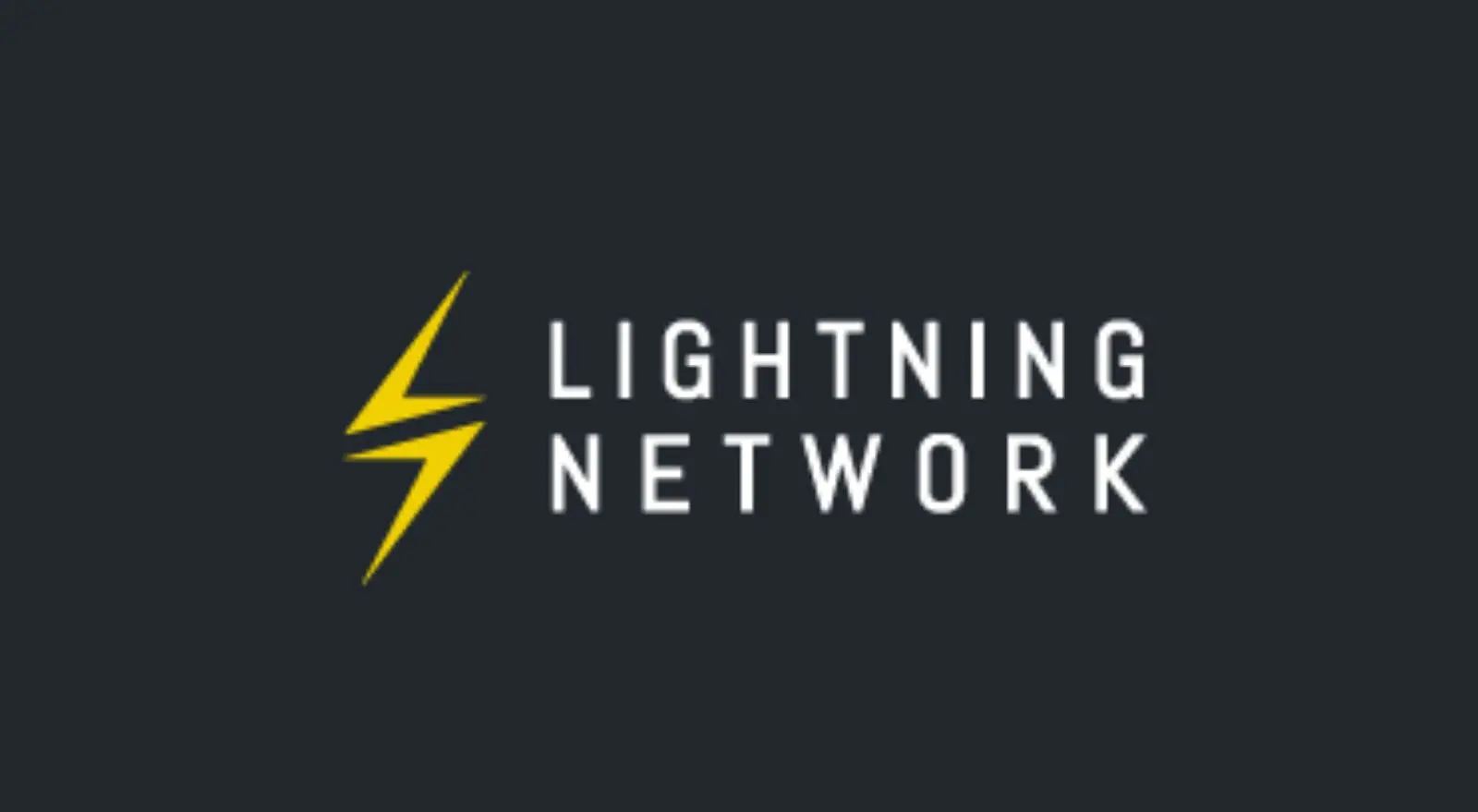
Data Privacy vs. Transparency
Blockchain is built on the principle of transparency, where data is accessible to all participants in the network.
However, AI often requires access to sensitive and private datasets to function effectively. Striking a balance between blockchain’s transparency and AI’s data privacy requirements can be tricky.
For example, in healthcare, AI models require patient data to provide accurate diagnostics. However, storing this sensitive information on a transparent blockchain could pose privacy concerns.
Zero-knowledge proofs (ZKPs) and privacy-focused blockchains like Monero or Zcash are being explored to enable secure data sharing without compromising privacy.
Energy Consumption
Both blockchain and AI are known for their high energy consumption. Blockchain mining, especially in proof-of-work (PoW) systems, demands significant computational power.
Similarly, training large AI models requires immense energy, raising concerns about sustainability.
This energy demand poses a barrier to widespread adoption, especially as industries strive to meet global sustainability goals.
Transitioning from PoW to energy-efficient consensus mechanisms like proof-of-stake (PoS) can reduce blockchain’s energy consumption. Similarly, innovations in AI hardware, such as energy-efficient GPUs, aim to address this challenge.
Interoperability
The diversity of blockchain platforms and AI algorithms creates challenges in achieving seamless integration.
Many blockchains operate on unique architectures, while AI systems vary widely in terms of frameworks and algorithms. Bridging these differences to enable interoperability is a complex task.
For example, integrating AI algorithms designed for TensorFlow with blockchain platforms like Ethereum or Solana requires custom-built solutions, which can be time-consuming and resource-intensive.
Cross-chain protocols like Polkadot and Cosmos, along with middleware solutions, are being developed to enhance blockchain interoperability and facilitate smoother integration with AI systems.
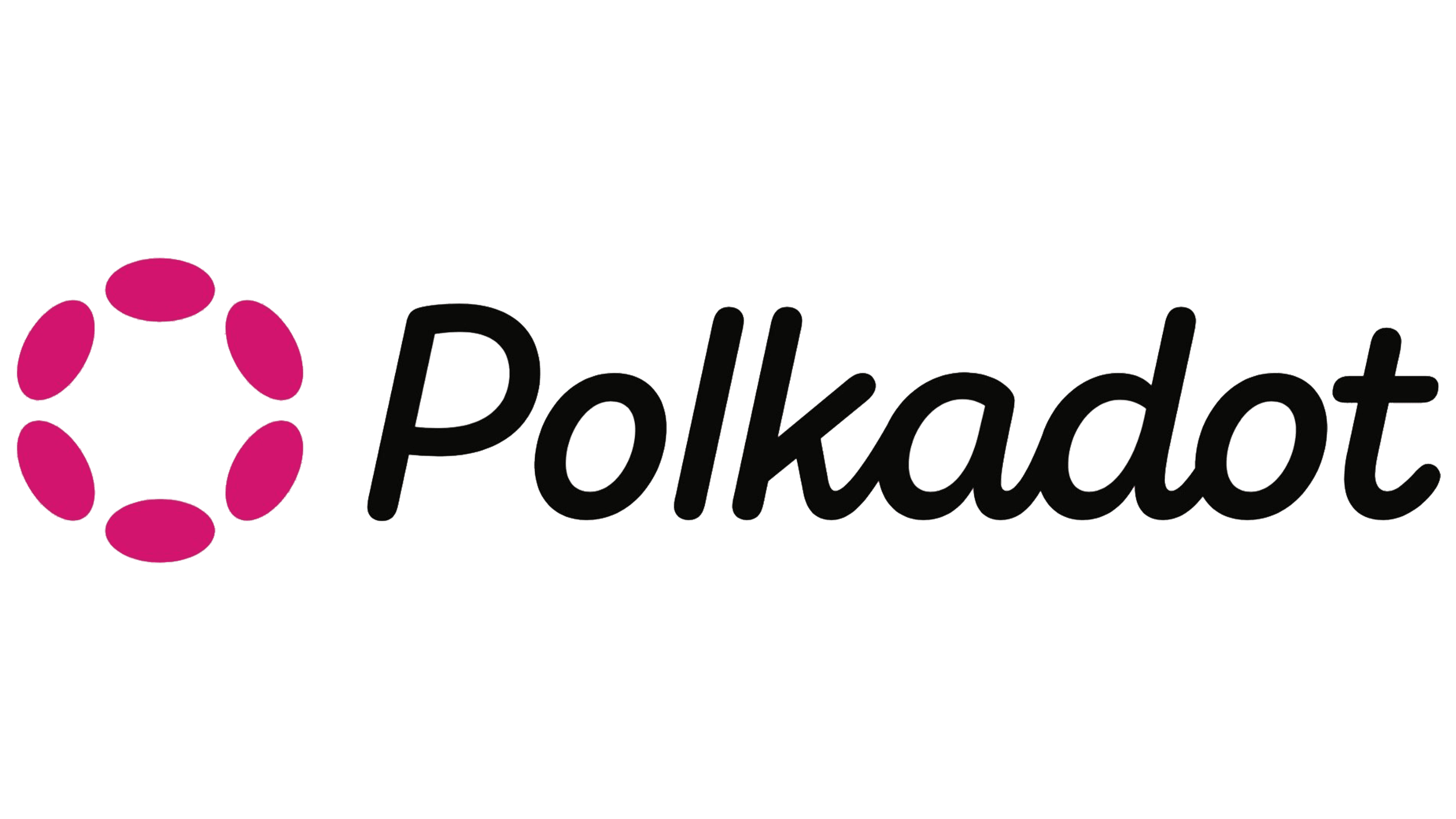
Key Trends Driving AI and Blockchain Integration in 2025
Decentralized AI Marketplaces
Decentralized AI marketplaces are emerging as a game-changer, offering a platform where AI developers and users can share, monetize, and access AI models securely.
These marketplaces leverage blockchain’s decentralization to eliminate intermediaries, ensuring transparency and trust.
Platforms like SingularityNET are leading the way, enabling developers to create and monetize AI services while ensuring users retain control over their data.
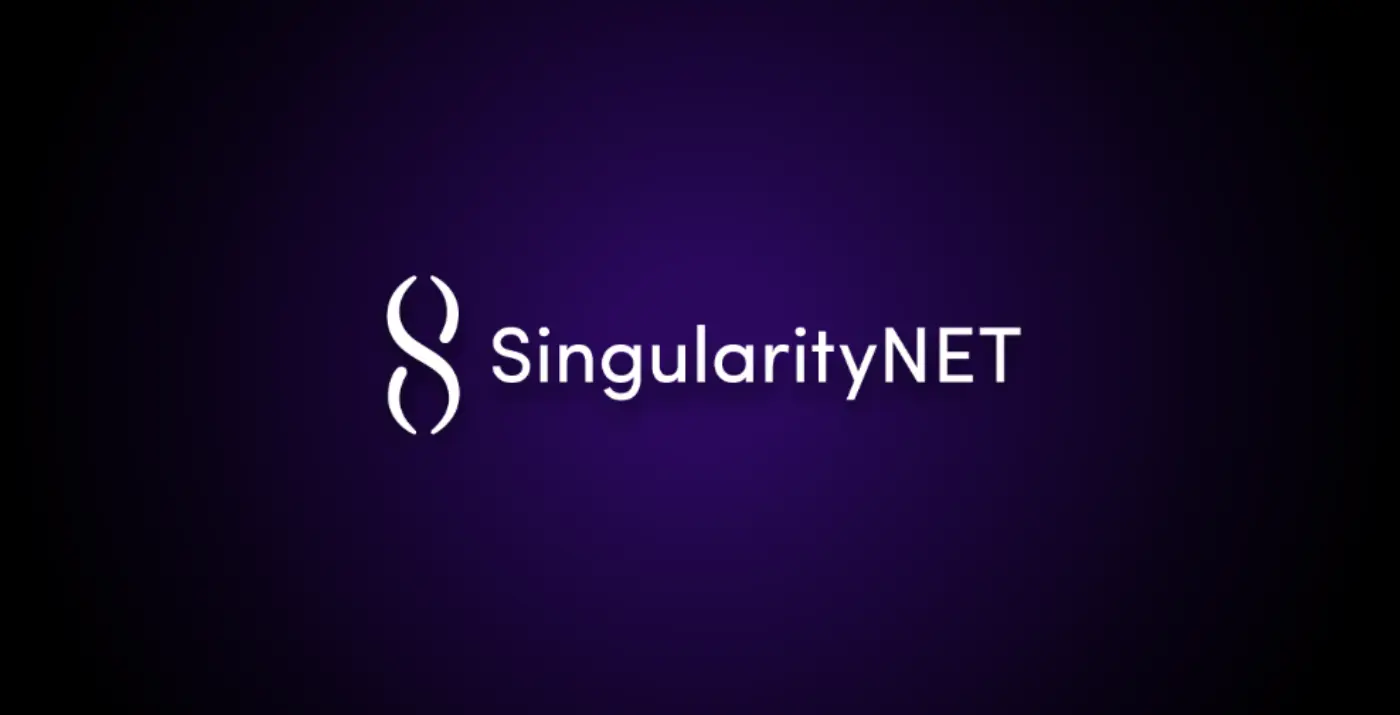
In 2025, the growth of such marketplaces has accelerated as businesses seek cost-effective and decentralized AI solutions.
These marketplaces democratize access to AI, empowering smaller enterprises and individuals to leverage cutting-edge AI tools without needing extensive resources.
Blockchain Interoperability Solutions
Interoperability is a critical enabler of AI and Blockchain Integration, allowing seamless communication between different blockchain networks and AI frameworks.
With the rise of new protocols, interoperability challenges are being addressed, facilitating smoother integration of diverse technologies.
Protocols like Polkadot and Cosmos are setting new standards in blockchain interoperability. These platforms enable AI systems to interact across multiple blockchains, creating a unified ecosystem for data exchange and decentralized intelligence.
Improved interoperability is unlocking new possibilities for AI-driven dApps and cross-chain applications, enhancing efficiency and user experience.
Federated Learning on Blockchain
Federated learning, a distributed AI training method, is gaining traction when combined with blockchain. This approach allows AI models to be trained across decentralized networks without sharing raw data, addressing data privacy concerns while enhancing model accuracy.
In healthcare, federated learning on blockchain enables hospitals to collaborate on AI-driven diagnostics without compromising patient privacy. Blockchain ensures a tamper-proof audit trail of the training process, building trust among stakeholders.
Federated learning on blockchain is fostering collaboration in data-sensitive industries, accelerating AI innovation while maintaining robust data security.
Regulatory Advancements
As the potential of AI and Blockchain Integration becomes evident, governments and regulatory bodies are evolving policies to support innovation.
These advancements are creating a conducive environment for businesses to explore the combined power of AI and blockchain without navigating unclear legal landscapes.
In 2025, countries like Singapore and Switzerland are leading the way with progressive frameworks that encourage blockchain innovation and ethical AI deployment. These policies focus on balancing innovation with security and privacy considerations.
Regulatory clarity is reducing barriers to entry for businesses, encouraging investment in AI and blockchain projects and fostering global collaboration.
Real-World Applications of AI and Blockchain Integration
VeChain for AI-Enhanced Supply Chain Management
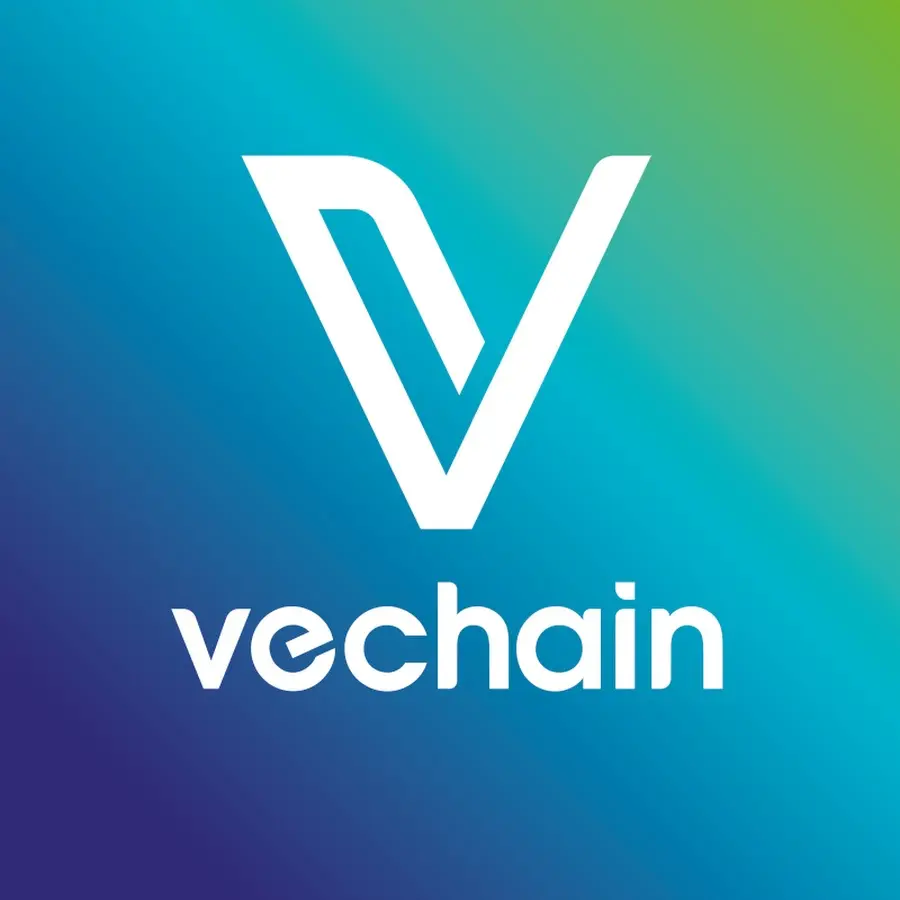
VeChain is using AI and blockchain technology to improve supply chain management.
VeChain uses AI’s ability to predict outcomes along with blockchain’s clear and unchangeable records to help track and improve supply chain activities in real time.
For example, companies can use VeChain’s blockchain to keep track of important supply chain information like where products come from, shipping information, and quality checks.
AI looks at this data to predict possible problems, improve processes, and make sure rules are followed.
A grocery store can use VeChain to track fresh food from the farm to the store. Blockchain keeps safe and unchangeable records of the trip, while AI looks at temperature and transport data to estimate spoilage risks, allowing for quick actions to prevent it.
VeChain uses AI and blockchain technology to make processes more efficient, build trust among all parties involved, and reduce costs from supply chain problems.
Fetch.ai – AI-Powered Autonomous Economic Agents on Blockchain
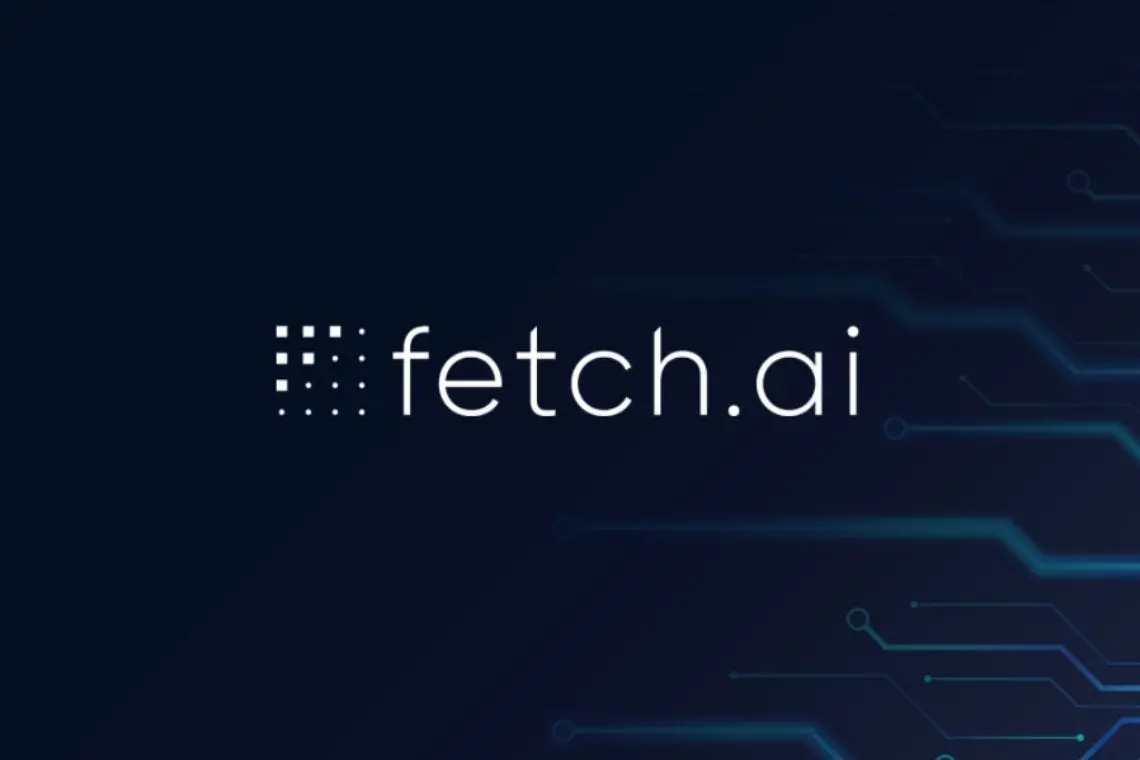
Fetch.ai is a decentralized platform that uses blockchain and artificial intelligence to build self-operating economic agents (AEAs).
These agents can do jobs, make choices, and work with other agents or systems without needing help from humans.
In Fetch.ai, blockchain keeps exchanges between agents safe and clear, while AI helps them make decisions.
These people are especially helpful in areas like energy, transportation, and online shopping.
In the energy field, Fetch.ai agents can discuss energy costs and improve how energy is shared in decentralized energy systems.
AI agents analyze live data to determine the best times to buy or sell energy. This helps lower costs for customers and makes energy providers more efficient.
Fetch.ai combines AI and blockchain to create self-sufficient systems that work independently of central control and improve efficiency.
AI-Powered Decentralized Identity Systems (e.g., Microsoft’s ION)
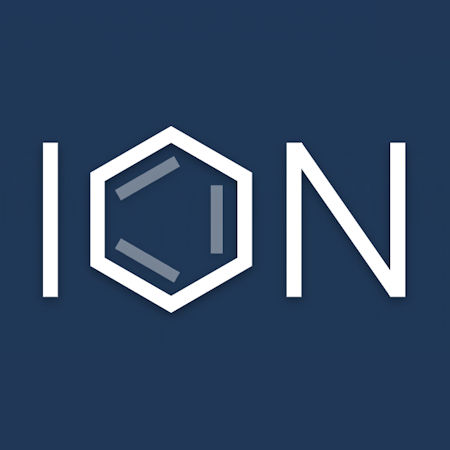
Decentralized identity systems use AI and Blockchain technology to help people handle their identities safely and control how their information is used.
Microsoft’s ION is an autonomous identity network that operates on Bitcoin’s blockchain, showing how this technology can work together.
ION uses blockchain to build secure digital identities that can’t be changed. At the same time, AI helps improve how users are verified.
This setup helps people keep control of their identity info while letting organizations verify users easily.
A university can give out digital certificates on ION’s blockchain, making sure they are genuine. AI can check credentials using the blockchain, making the hiring process easier for companies.
Decentralized identity systems like ION improve privacy, lower the risk of identity theft, and give users more control over their personal information.
Conclusion
Artificial intelligence combined with blockchain technology is a revolution set to transform industries and rethink trust, efficiency, and innovation, not only a technological advancement.
From better dispersed intelligence and data protection to open systems and customized solutions to AI and blockchain integration promises revolutionary potential.
These are not merely theoretical breakthroughs; they are also being realized by creative applications in manufacturing, finance, supply chain management, and other domains.
For businesses, this integration presents opportunities to maximize procedures and create open revenue streams.
Investors stand at the brink of a rising market set to reach billions in worth while developers have the chance to generate creative concepts that drive progress and solve pressing problems.

